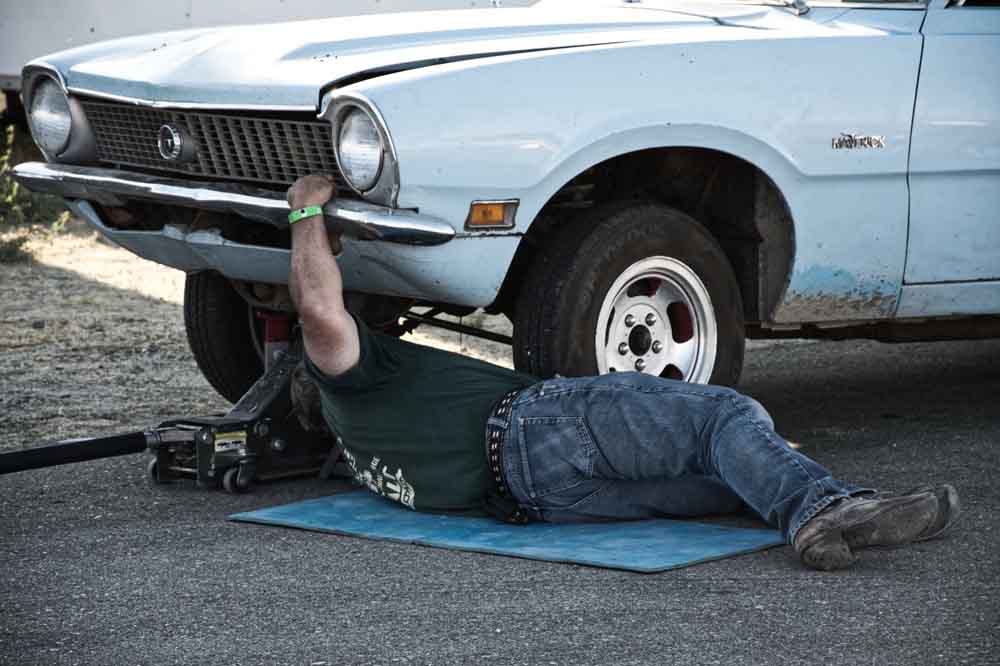Two key focuses of my blog are Financial Literacy/Money and Technology. One of the most valuable but costly pieces of technology most of us own is a car. Understanding how cars work and having the skill sets to repair them can save you a lot of money and make you lots of money as well. The following contributed post is entitled, Things You Need To Know: Basic Car Repairs.
* * *
There are many necessary skills in which we are equipped in life, but unless we are all learning the basics of car maintenance, we’re facing costly repairs when things go wrong. The good news is that there are many different repair jobs that you can do for your car without having to take it into the garage. It’s an excellent skill to have under your belt if you know how to make the most basic repairs on your car, and you only need a few tools to make sure that you get the job done.
It’s going to take some time to gain experience with your car, but if you’re careful about learning about the different brands of parts, you’re going to be fine. Companies like Automotive Stuff offer a wide range of car parts, which means you can buy and replace parts easily yourself. Are you ready to learn which repairs you should know for your own learning? Let’s go!

1. You need to know how you should change the engine oil and the filter. It doesn’t require you to have special tools, but you do need to have an oil filter wrench. Your car manual should have straightforward instructions on how to change the engine oil in your car.
2. Windshield wipers are a must on your car, and it only takes ten minutes to change yours, and you should be doing this twice a year to keep yours fresh! Here’s how to change your windshield wipers yourself.
3. Keep checking the wiring of your car – they need to be inspected for burns and cuts in the plastic covering. If corrosion gets into the electrical connectors, the electrical flow can be compromised, and that is dangerous to your car.
4. There is a range of belts in your car, from the steering pump and radiator fan to the alternator belt. Checking them ensures that there is no cause for worry with any shredding in the belts, and once you see any signs of wear, check your manual for instructions on how to change them over.
5. Swapping the fluids in your car, from the engine oil that we mentioned earlier to the transmission fluid, brake fluid, and steering fluid, is vital. It would help if you replaced the liquid on a regular schedule, and this is listed in your car repair manual, too.
6. A battery service won’t be in every car manual, but it’s something you do need to check – and regularly. Without a battery that is in good working condition, you are going to find that your car doesn’t run as efficiently – if at all. Learning how to service and check your battery may feel too far beyond what your expertise allows, which is why knowing the best garage to do it all for you will be crucial!
7. There are other things that you’ll be able to do for yourself as well, such as changing the tires and replacing the brake pads. Water pumps and fuel pumps are also simple enough tasks to manage alone. The key is to ask for help from the experts, and it’s always essential to get your advice from qualified mechanics where you can.
